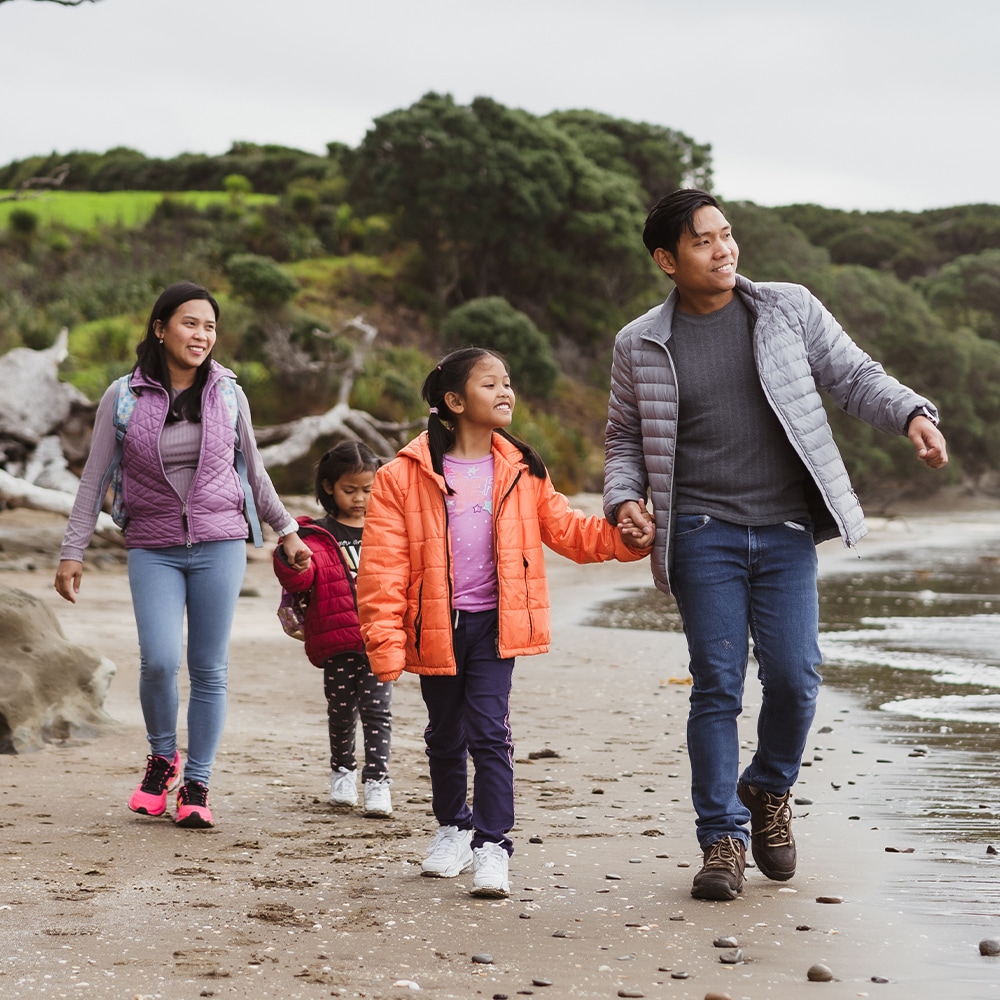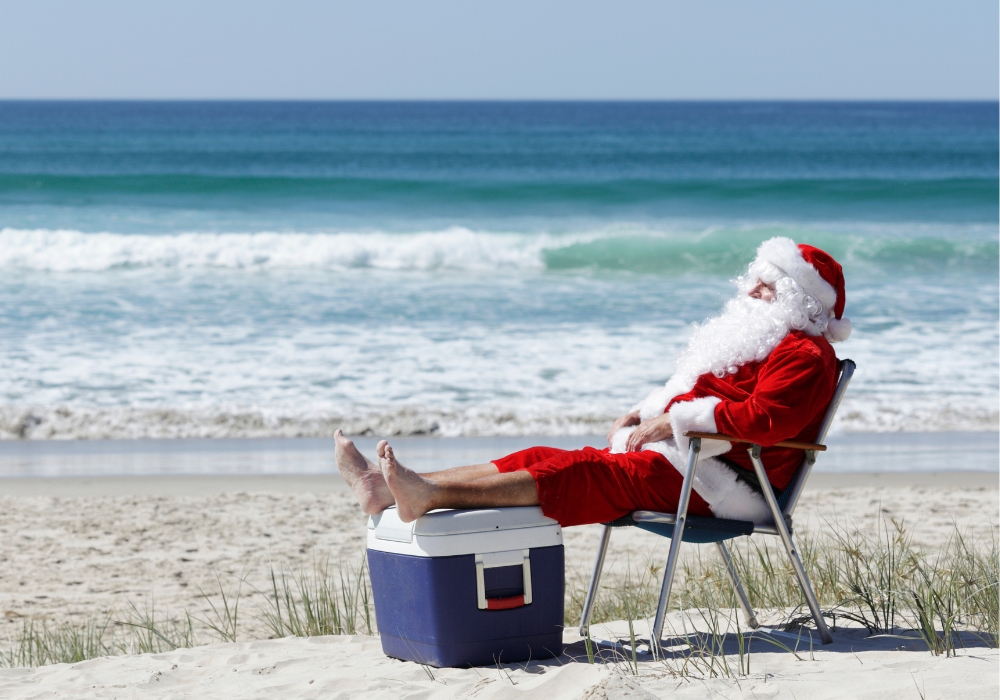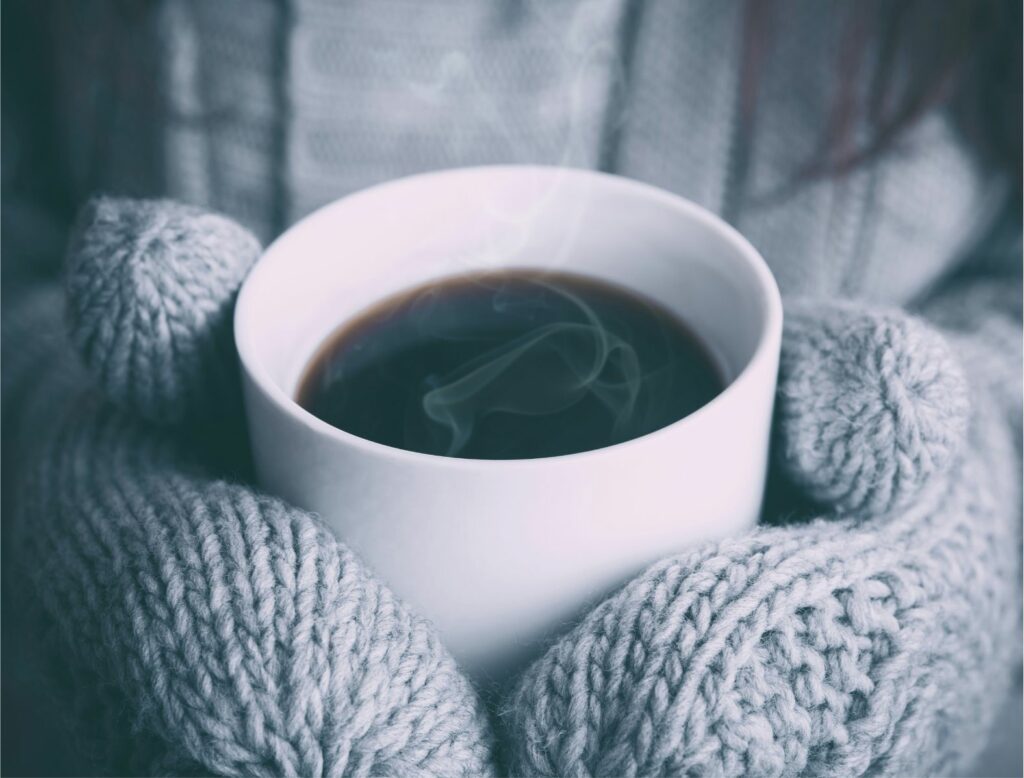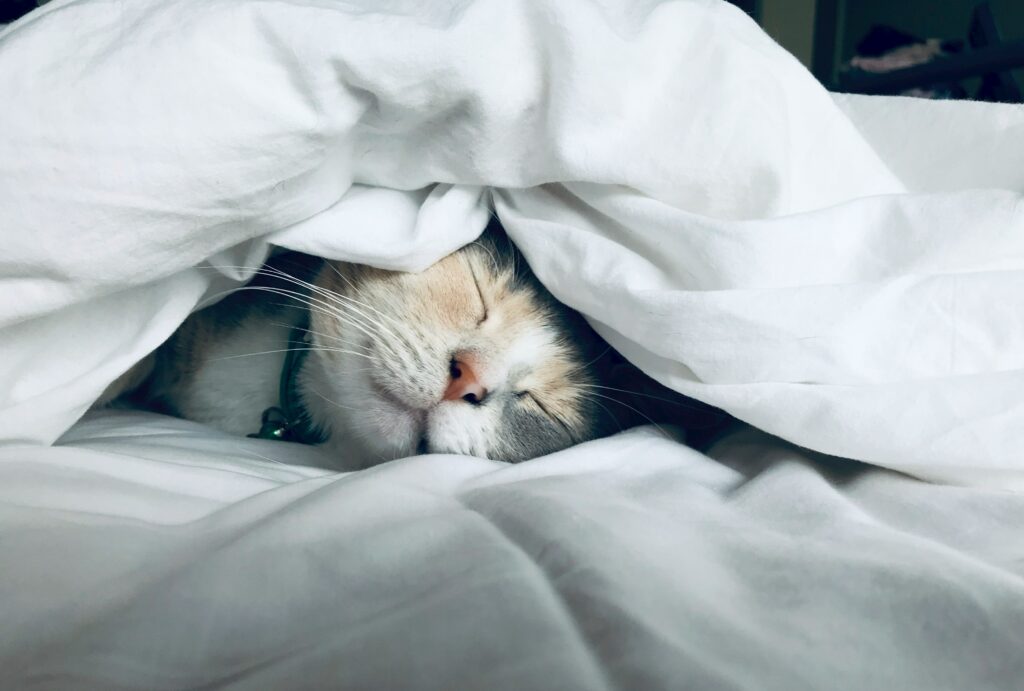What is addiction?
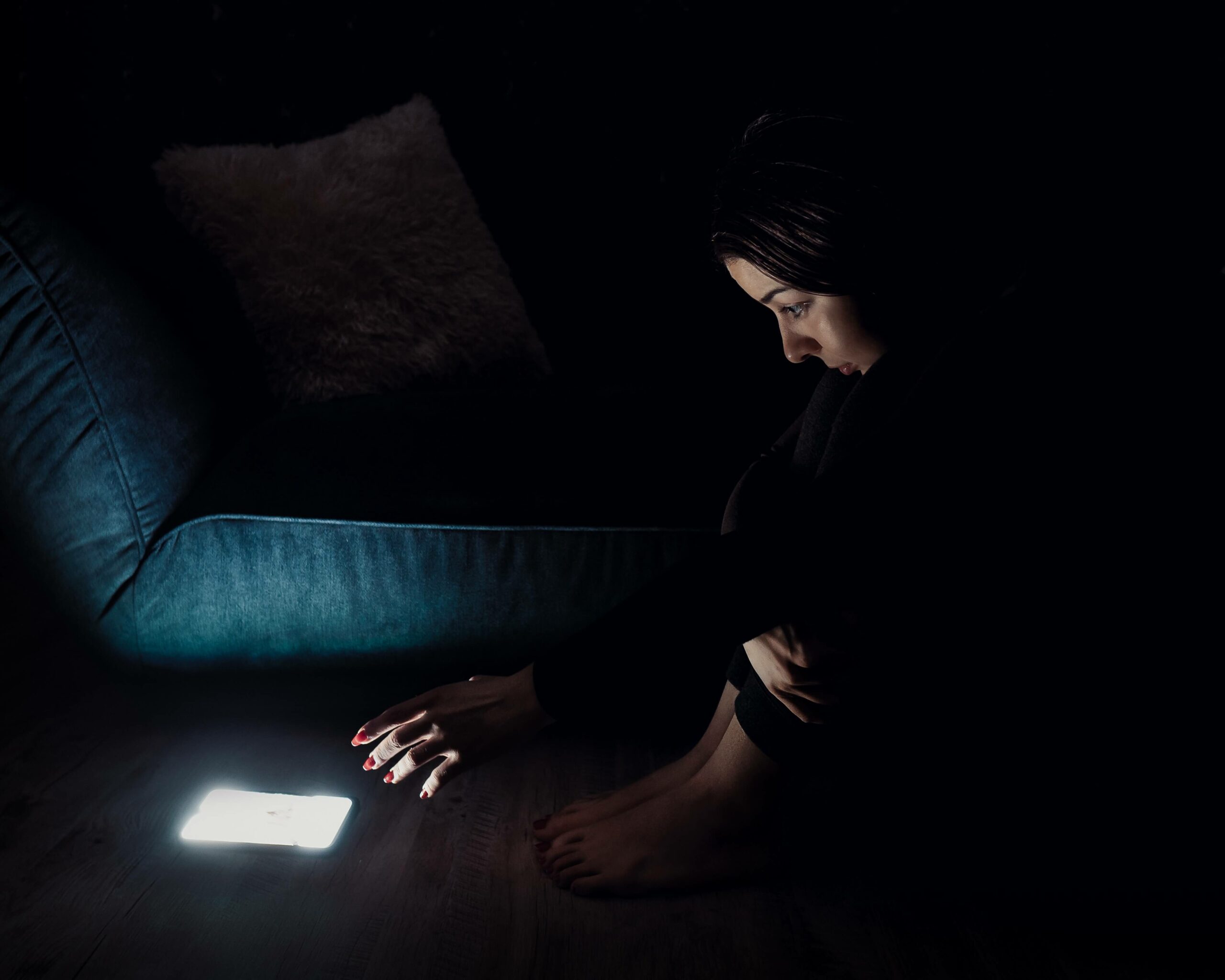
Published:
September 1, 2023
Article type:
Keywords:
Many New Zealanders will experience the impact of addiction issues at some stage in their life.
Addiction is when someone is physically and mentally unable to stop consuming a substance or doing an activity, even though it is causing harm.
The harm caused by addiction can be physical, social or psychological and impacts the person experiencing addiction issues, their whānau and their community.
It’s important to realise that addiction is not a personal failure. It’s not a disease or something we inherit. It’s caused by a mixture of biological, psychological and social factors, including trauma and adverse childhood experiences.
The spectrum of addiction
There are different types of addiction, from use of substances like alcohol or drugs, to activities like gambling or online gaming. But that doesn’t mean anyone who drinks alcohol or enjoys gaming will experience addiction issues.
Addiction exists on a spectrum, from no use and social use, to risky, disordered and severe disorder. Realistically, many people will experience some of these stages at different times in their lives, with different substances or activities, mostly without experiencing addiction issues. For example, out of the 80 per cent of New Zealanders who drink alcohol, only a quarter may drink at rates that put them at risk of harm.
It’s when the impact of someone’s substance use or the activity they do causes harm, and they cannot stop, that they may experience addiction issues. Diagnosis and treatment of addiction is done by professionals trained in addiction issues.
What causes addiction? Brain and body responses
Addiction affects the way our brain works.
The ‘reward circuit’ in our brain is how we feel pleasure. When it is triggered by something we do, take, or use, dopamine is released and our body feels good. When we feel those good feelings, we want to repeat whatever caused it, so we can feel that pleasure again.
Some substances or activities can tap into this natural process, leading to unhealthy behaviour and addiction issues, such as substance abuse, gambling addiction or gaming addiction.
Regular use of a substance or repeatedly doing a pleasurable activity can change our brain and make it so we need more. That means we may need to drink more alcohol, take more drugs, spend more time playing on a pokie machine or longer gaming online to get the same pleasurable feeling. It can get to a point where we need to use or do something to just feel normal, and if we can’t then it feels very uncomfortable. We might start consuming something else or try a different activity to get a similar effect. If we stop, withdrawal symptoms can start impacting how we feel.
Mental health and addiction – coexisting problems
Coexisting problems, or CEP, are when people experience both addiction issues and mental health challenges.
It’s common for people who use mental health and addiction services in Aotearoa New Zealand to have CEP. Someone who struggles with mental health challenges may use substances or gambling to try and cope. People who have addiction issues can also experience mental health challenges due to the impact of substance use or gambling.
Addiction and recovery
Recovery from addiction is an ongoing journey, not a destination. It often doesn’t follow a smooth path and there are different directions and options people can take when finding the recovery pathway that works for them.
It can take several attempts to achieve recovery goals, depending on the people and resources someone has around them for support. People with supportive attitudes can make a big difference.
Learn more with Addiction 101
Blueprint for Learning’s Addiction 101 workshop will provide a deeper understanding of addiction, what causes addiction and that recovery is possible. The workshop will give you tools for supporting people experiencing addiction issues, at home or work.
Where to get help
There are many organisations, websites and other resources in New Zealand to support people and their whānau and friends through addiction issues. The following list may not include every possible option but it provides a good starting point. You can also search for local services available in your area.
